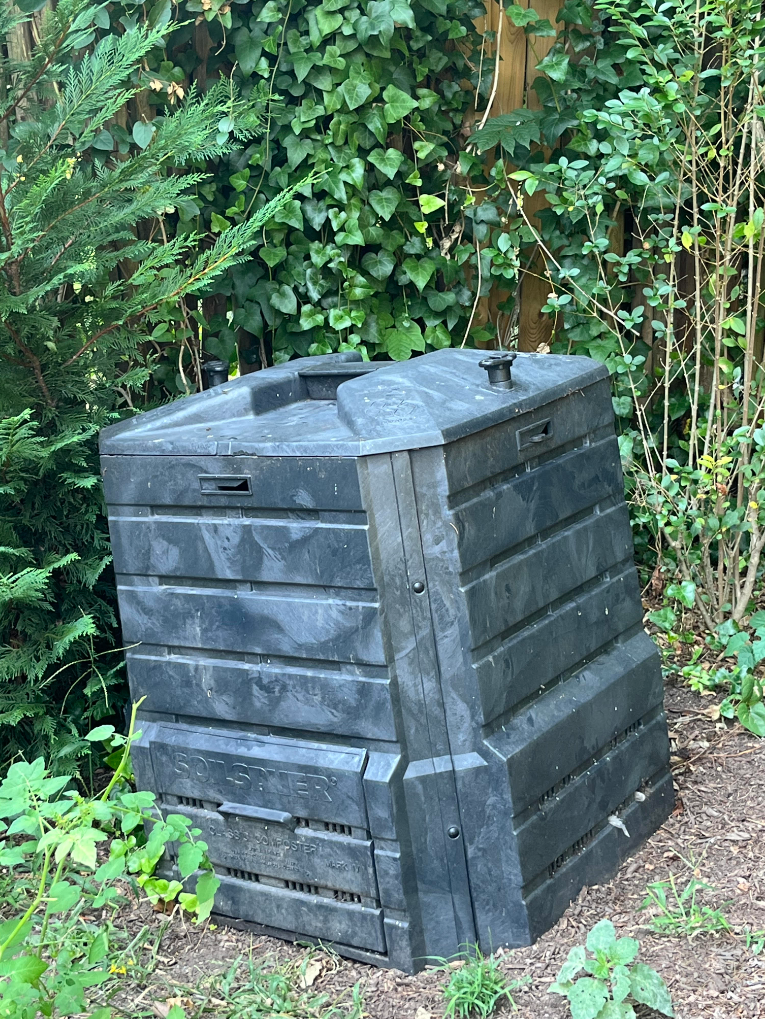Research Paper Mania!
April 13, 2022
Spring at Archmere marks the start of quintessential events like prom, morp (this year!), and anticipation for the end of the school year. Most importantly, it marks the end of the laborious writing of the research paper. Since before Winter Break, students of all grades have worked tirelessly at the annual research paper. From finding accurate sources, making sums of notecards, drafting outlines and paragraphs, and editing until no end, the research paper process has been meticulous and time consuming.
Every school year, Archmere students must write and submit a research paper, which entails something different for each grade. Freshman year, students participate in the National History Day contest, whereas, in Sophomore and Junior year, the research paper corresponds with their respective history course. Senior year students write a research paper exclusively for their English class. Despite the fact that it stands as a long held academic tradition at Archmere, students and teachers have mixed opinions about the paper.
When asked about the research paper, junior Molly Curren explained how “it already is a really stressful time of year with standardized tests and other assignments. It’s a little bit hard to juggle with the other work that we get.” Oftentimes, the research paper adds an extra layer of stress to the already hectic school year, especially in eleventh grade when students are additionally preparing for standardized tests and gearing up for the college search process. Similarly, junior Ceili Corey expressed her dislike for the gravity of the paper and how it defines entry into senior year.
Some students, however, find the research paper to be more bearable. For example, Jack Maister ‘24 stated how, through the research paper, he has “gained the ability to distinguish good sources and write a nice paper.” Pauline Hartman ‘22 appreciated how the research paper taught her “good organizational skills, how to write well, and prepared [her] for college.”
Some teachers from the history and English departments find delight in witnessing these benefits and guiding students through the annual research paper. Mr. Klinge, English teacher for juniors and seniors, stated that “part of [him] likes learning new things by reading what students write about, and [he] like[s] helping students engage in a long process.” Similarly, Mrs. Maher, English teacher for all grades, articulated how she “love[s] having conversations with students because they very quickly become the authority on their topic and [she] really learn[s] from them.” In providing his view on the research paper, history teacher, Mr. Nowaczyk claimed that “the research paper is like a bag of onions when sauteed with apples, and produces a strangely delicious taste, unless the evidence is weak.” The research paper serves as an enlightening and involved process for teachers and students alike.
For any underclassmen who are preparing to encounter the research paper in their later high school years, Rory Crisfulla ‘23 gives this recommendation: “My advice for underclassmen approaching future research papers is that the preparatory research stage is so essential to the final paper, and you shouldn’t disregard it.”
The research paper can be a daunting task that pervades the winter months at Archmere. This year especially, the research paper produced an additional source of stress because of the sudden return to normalcy after a year of uncertainty. However, students are very fortunate to have a multitude of resources and teachers who are always eager to assist. After months of tedious effort, nothing beats the sigh of relief students breathe once their paper is printed and submitted!




















